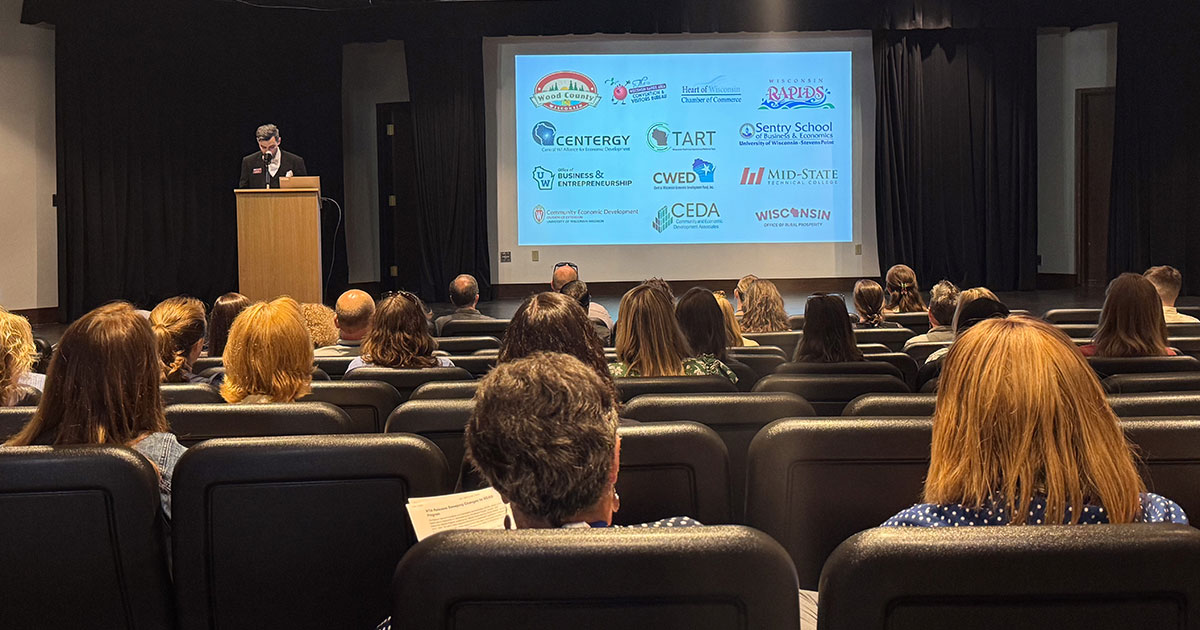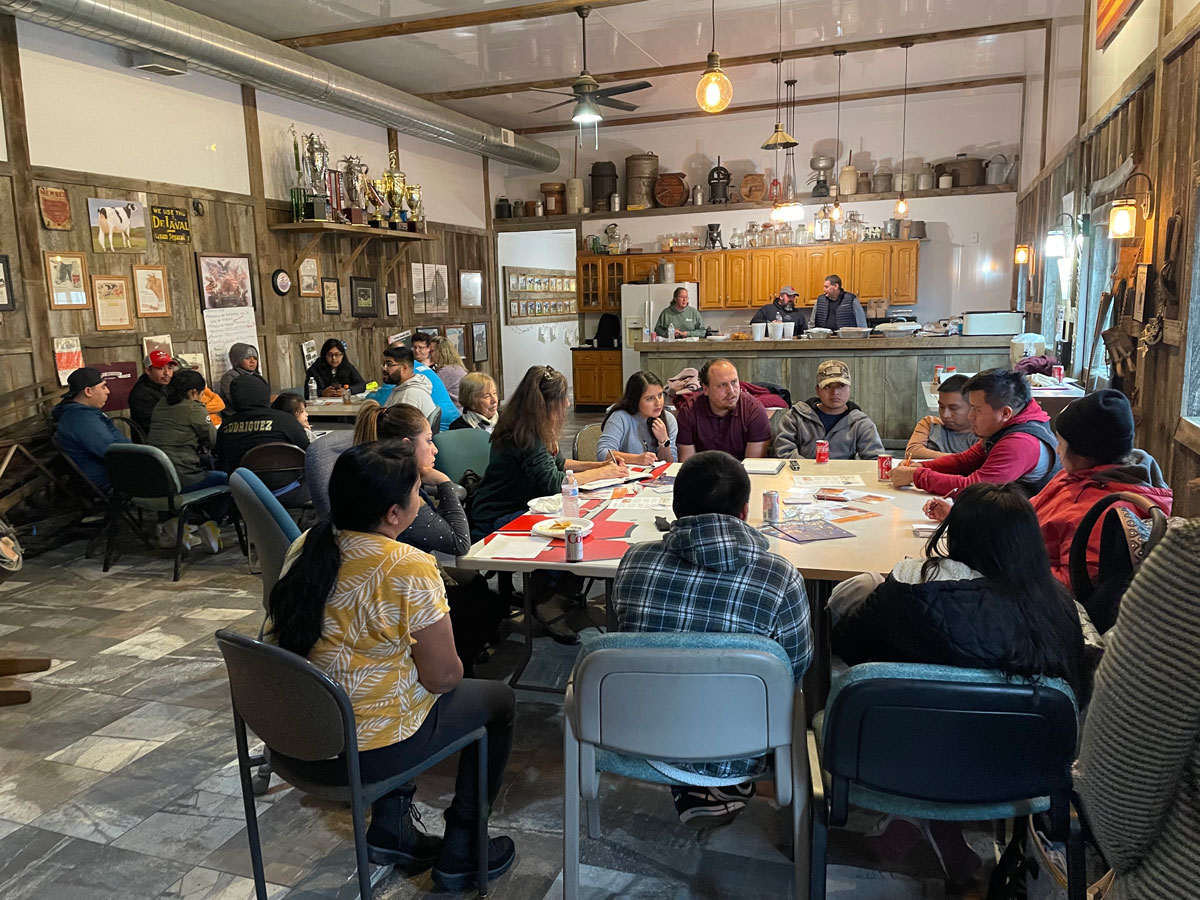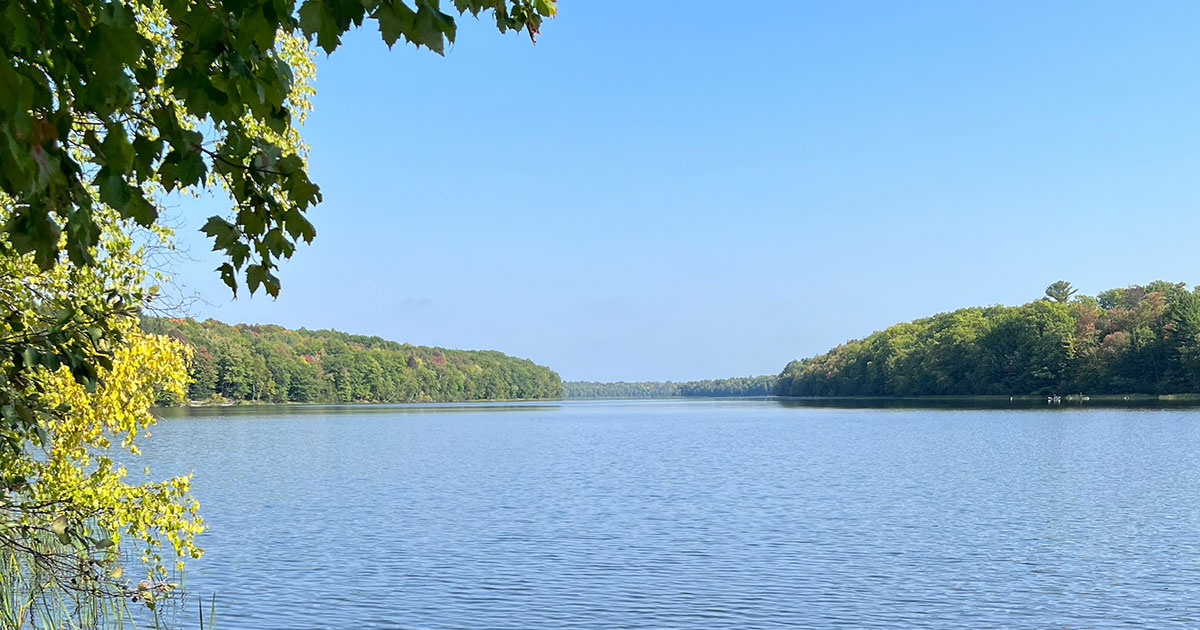Rural transportation resources
Transportation issues impact residents across Wisconsin but affect rural areas of our state in unique ways. We’ve gathered more than 20 resources from the categories listed below. These resources are available to rural Wisconsin communities as they explore their best opportunities to meet the transportation needs of their residents.
Agencies and Organizations
U.S. Joint Office of Energy and Transportation
The Joint Office of Energy and Transportation was created through the Bipartisan Infrastructure Law to facilitate collaboration between the U.S. Department of Energy (DOE) and the U.S. Department of Transportation.
DOE’s Clean Cities Coalition Network
As part of the DOE’s Vehicle Technologies Office, Clean Cities coalitions foster the nation’s economic, environmental, and energy security by working locally to advance affordable, domestic transportation fuels, energy-efficient mobility systems, and other fuel-saving technologies and practices. Since they began in 1993, Clean Cities coalitions have achieved a cumulative reduction in energy use equivalent to nearly 13 billion gallons of gasoline through the implementation of diverse transportation projects.
Wisconsin Department of Transportation (DOT)
Bipartisan Infrastructure Grants and Programs
Explore state programs and federal discretionary grants for local roads, bridges, and transportation alternatives.
Travel Wisconsin by bike
The Wisconsin DOT offers bike plans, studies, and resources that improve the physical and economic health of our communities.
Travel Wisconsin as a pedestrian
The Wisconsin DOT offers plans and guides that promote pedestrian safety across the state.
Wisconsin Bike Federation
The Bike Federation’s mission is to cultivate, motivate, and unite a strong community of residents, as well as business and political leaders, to move bicycling forward in Wisconsin through education, legislation, and involvement.
Toolkits
Small Town and Rural Multimodal Networks Toolkit
This serves as a bridge between existing guidance on bicycle and pedestrian design and rural practice and encourages innovation in the development of safe and appealing networks for bicycling and walking in small towns and rural areas. It also provides examples of peer communities and the projects they have implemented that are appropriate for rural communities.
Charging Forward: A Toolkit for Planning and Funding Rural Electric Mobility Infrastructure
The rapid growth in electric vehicles is part of a fundamental shift in transportation, a change that promises substantial benefits to individuals, businesses, communities, and the entire nation. All Americans, regardless of where they live, should have the opportunity to benefit from the lower operating costs, reduced maintenance requirements, and improved performance that electric vehicles provide.
Rideshare and other programs
Wisconsin Employment Transportation Assistance Program
This program is an effort to connect low-income workers with jobs through enhanced local transportation services. Lack of transportation is a significant barrier to getting and keeping jobs, particularly for low-income workers. Improving transportation services can improve the economic outcome for workers and for the state.
Work ’n Wheels Program
Community Action Programs offer low-interest loans for income-eligible individuals and families who need to purchase a safe and dependable vehicle to support their household transportation needs. The Work ’n Wheels program can be used to buy or repair a vehicle and is available to working adults with a limited income. (Each region around the state has its own program and website.)
Grant Programs: Roads/Transportation/Electric Vehicles
U.S. Department of Agriculture
Rural Business Development Grants
These grants offer technical assistance and training for small rural businesses; they may also include rural transportation assistance. Deadline: Ongoing.
U.S. Department of Energy
Energy Efficiency and Conservation Block Grant Program
Projects that lower energy costs, reduce carbon emissions, improve energy efficiency, or reduce overall energy use may qualify. Energy or emission reduction in transportation is eligible for funds under this program. Deadline: June 5, 2023.
U.S. Department of Transportation
Alternative Fuel Corridor Grants: Corridor Program
Grants are available to deploy charging and alternative fueling infrastructure along designated alternative fuel corridors. Deadline: May 30, 2023.
Charging and Fueling Infrastructure Discretionary Grants: Community Program Grant
These funds are to deploy electric vehicle charging, hydrogen fueling, propane fueling, and natural gas fueling infrastructure along public roads or in other publicly accessible locations. Deadline: May 30, 2023.
Safe Streets and Roads for All Grant Program
This program funds regional, local, and tribal initiatives through grants to prevent roadway deaths and serious injuries. Deadline: July 10, 2023.
Wisconsin Department of Transportation
Freight Railroad Infrastructure Improvement Program
The program provides loans to cover up to 100% of the cost for rail projects that: a) connect an industry to the national railroad system; b) make improvements to enhance transportation efficiency, safety, and intermodal freight movement; c) accomplish line rehabilitation; and d) develop the economy. Deadline: Ongoing.
General Transportation Aids
This funding enables local governments to receive state aid payments to offset the cost of county and municipal road construction, maintenance, and traffic operations. Deadline: Ongoing. Payments are made quarterly (January, April, July, October).
State Infrastructure Bank Program
The program offers aid for transportation infrastructure improvements that help preserve, promote, and encourage economic development or promote transportation efficiency, safety, and mobility.
Transportation Economic Assistance Program
Road, rail, harbor, or airport projects that help attract employers to Wisconsin or encourage business and industry to remain and expand in the state can be eligible for funds.
Harbor Resources
Harbor Assistance Program
Financial assistance is available to harbor facilities on the Great Lakes and Mississippi River for projects that improve or maintain waterborne commerce. Deadline: Aug. 1, 2023.
Bike and Pedestrian Trail Resources
Rails-to-Trails Conservancy
Since 1986, Rails-to-Trails has worked to bring the power of trails to more communities across the country, serving as the national voice for the rail-trail movement.
Recreational Trails Program
This is a federal program administered through the Wisconsin Department of Natural Resources. Municipal governments and incorporated organizations are eligible to receive reimbursement for the development, rehabilitation, and maintenance of recreational trails and trail-related facilities for both motorized and non-motorized recreational trail uses. Deadline: May 2024.






